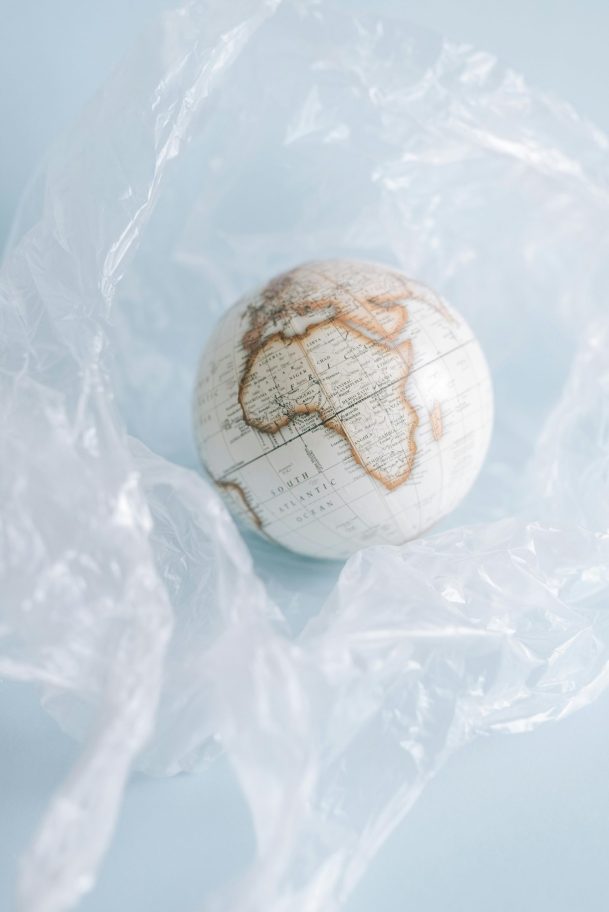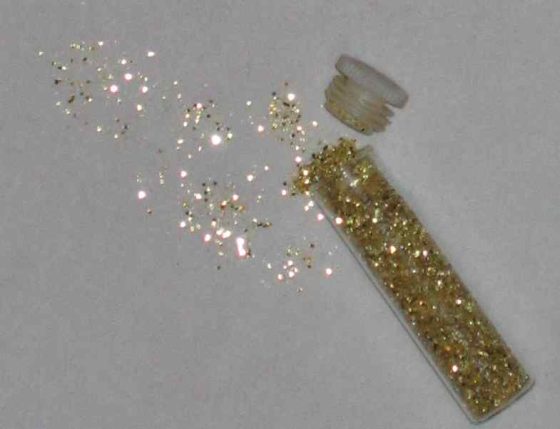
Are you aware of the plastics threat to our health? A recent study published in the Journal of the Endocrine Society found that disease and disability caused by chemicals in plastic cost the U.S. $250 billion dollars in health and economic losses. Meanwhile, chemical industry profits are $750 billion a year. Again, it’s a profit over people situation.
While plastics pose a threat to our health, there are actions we can take to reduce our use of plastics. At the end of this post, I’ve included some ideas for you to consider if you would like to use less plastic. Read on to learn more about the risk from plastics.



Plastic waste is choking our oceans, lakes and rivers, and is harmful to plants, wildlife and our health. Plastics break down from exposure to water, sunlight, friction, or by animals nibbling on them. Eventually, non-biodegradable plastics break down into tiny pieces called microplastics and nanoplastics.
The number of microplastic and nanoplastic particles is increasing exponentially. Plastics are found everywhere–in food packaging, clothing, furniture, cookware, and even nail polish. Microplastics are released from plastic bags, synthetic clothing fibers, personal care products, paints, and car tires. All these plastic particles never fully decompose and are literally everywhere. Microplastics can be found in our oceans, water ways, soil, food and even our bodies. Microplastics are now being found in newborn babies.
Plastics and their toxins accumulate as they travel up the food chain to people. Once plastic enters the bloodstream it can’t be removed. When you drink water, eat seafood, or add salt to your meals, you could also be ingesting microplastics.
In a National Health and Nutrition Examination Survey produced by the US Centers for Disease Control and Prevention, Bisphenol A (BPA) was found in 93% of urine samples taken from people above the age of six. BPA is an endocrine disruptor. It can both decrease or increase endocrine activity in humans. Elevated urinary BPA levels are associated with prostate cancer. Breast milk of most women in the developed world contains dozens of chemical compounds–including BPA–that have been linked to damaging health effects.



BPA is used to make plastic beverage containers, dinnerware, toys and protective linings of food cans. Take note: the label BPA-free in a plastic bottle doesn’t mean a product is free from other harmful chemical compounds.
Phthalates, a group of chemicals used to make plastics more flexible and harder to break, are associated with many health problems, including weight gain and insulin resistance, decreased levels of sex hormones, and other reproductive system problems for both women and men. When food is wrapped in plastic containing BPA, phthalates may leak into food, especially when in contact with fatty foods like meat and cheese. Plastic containers with codes 3 and 7 are more likely to melt and cause chemicals to leach into food.
What you can do
- Don’t place plastic in the dishwasher or microwave. Harsh soap ingredients and high temperatures can degrade plastic and cause harmful chemicals to be absorbed into food.
- Do not recycle numbers 3, 6 and 7 plastics. Three is polyvinyl chloride, which contains phthalates. Six is polystyrene, which breaks down into styrene, a known carcinogen. Seven includes bisphenols, which are an endocrine disruptor.
- Reduce your use of plastic. Use glass or stainless steel containers instead.
- Avoid buying anything in plastic containers if you can, especially water.
- Do not reuse margarine tubs, take-out containers, whipped topping bowls, and other one-time use containers.
- If you are a crafter, do not use glitter—it’s a plastic. (sorry)
- For a comprehensive guide on plastics and what you can do, go to Plastic Pollution Primer and Action Toolkit.
When a system is far from equilibrium, small islands of coherence have the capacity to shift the entire system to a higher order. Ilya Prigogine

Leave a Reply